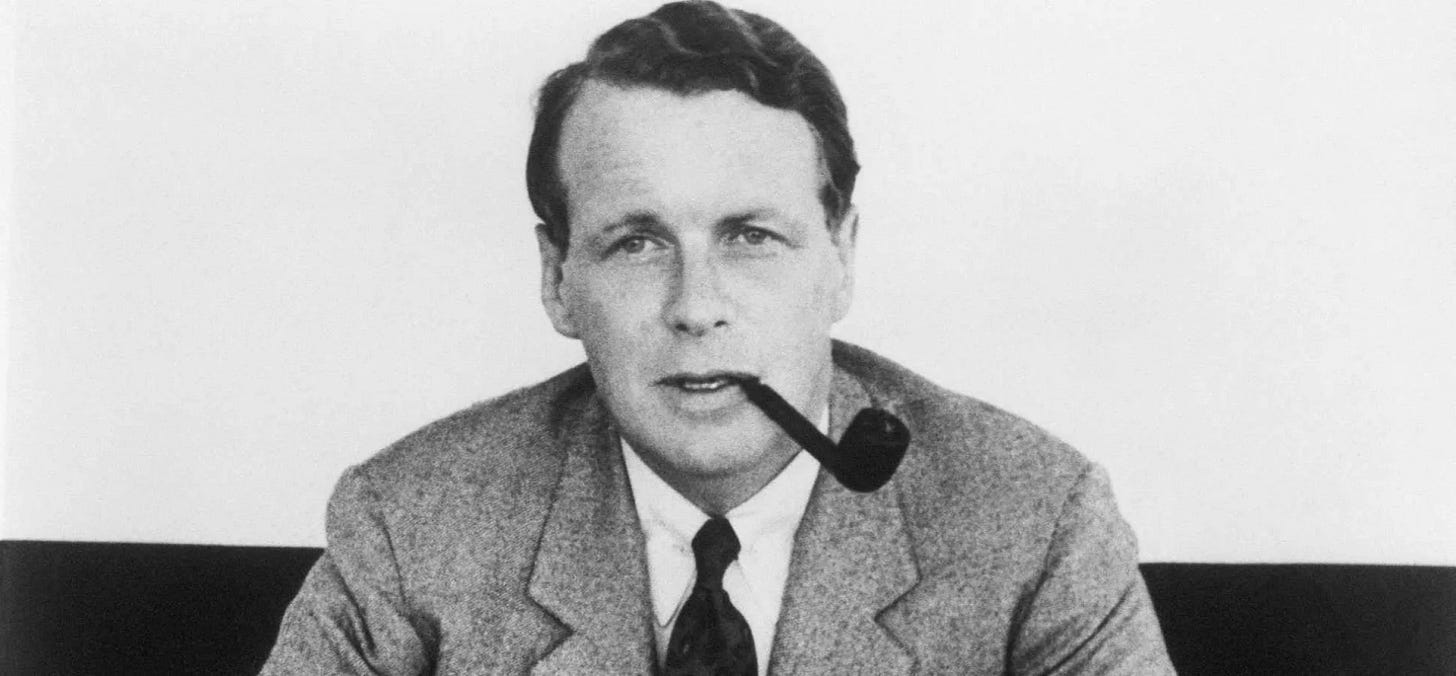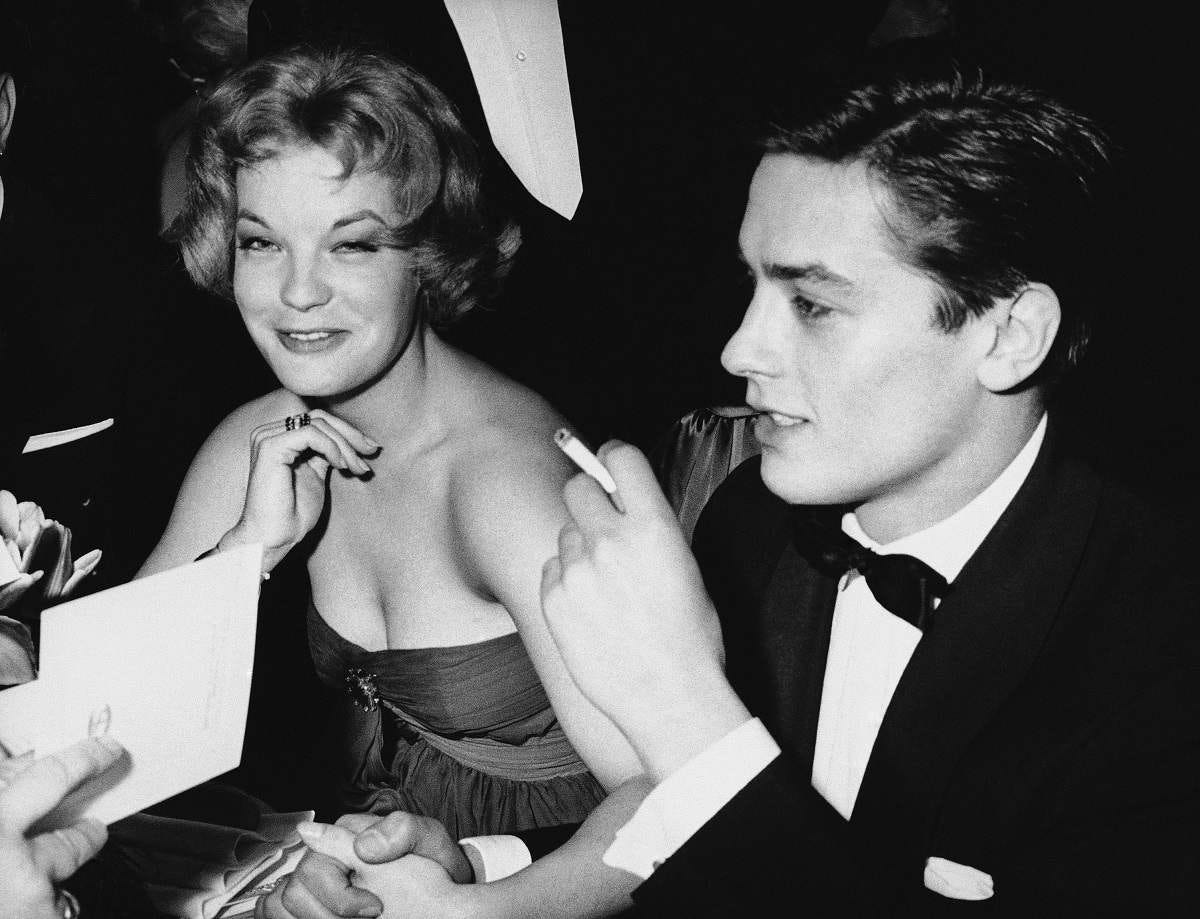How to Romanticize Your Life in the Age of A.I.
Turn Your Ordinary Life into an Extraordinary One
Living in the 21st century comes with an automatic burden: the expectation to achieve something greater.
There’s an external force constantly pushing you to work, to grind, to improve — to become a superior version of yourself.
All from the ground up.
Now, I’m going to assume that if you’re reading this, you probably weren’t born with an aristocratic surname, a pile of gold, or a revenue-generating family business.
You and I — we both started from humble, yet respectable beginnings.
Not too harsh to make life unbearable, but not easy enough to escape the mediocrity that surrounds us.
That’s the reality of being someone who chooses to live their own way — someone with a specific mission, guided by a personal purpose, a North Star.
(Even though, of course, there are easier ways to live.)
“He who has a why to live can bear almost any how.” — Friedrich Nietzsche
The inevitable consequence of such a life is resistance — in every form imaginable:
The disheartenment when massive effort yields no return
The comparisons between where you are and where your peers seem to be
The doubts, both from within and from those around you
The result?
Many people give up — leading to unfulfilled dreams and an unremarkable existence.
The Typical Solution: Endure the Grind (And Why It Doesn’t Have to Be That Way)
The standard advice from modern self-help creators is something like this:
“Yes, life is tough. And you must endure it. Grind through it. Otherwise, forget about feeling good, happy, or satisfied.”
They preach that the pursuit of a single goal is the source of satisfaction.
While this may sound noble, I’d argue it’s a limited perspective.
Take, for example, the life of a gentleman in the mid-20th century:
David Ogilvy, the legendary advertising mind of Madison Avenue. Dubbed the most creative of the “Mad Men,” what did he actually do?
He spent intense hours in his office with his creative team and clients, strategizing how to sell a product.
Then, he sat poolside at private parties, chatting with elegant women and sipping scotch.
(All of this, mind you, during the early days of his agency — Hewitt, Ogilvy, Benson & Mather — when it had fewer than a dozen staff in the early 1950s.)
Back to the argument: “You don’t deserve to enjoy life if you’ve chosen to live purposefully in the modern world.”
That’s simply not true.
What people often overlook is the idea of turning the chaos, the mundane, the grind — into romance.
To make the highs and lows of your everyday life feel like a scene from a stylish film or a poetic novel.
“In the depth of winter, I finally learned that within me there lay an invincible summer.” — Albert Camus
There’s a French term: l’Art de Vivre (The Art of Living), or its Italian counterpart: La Dolce Vita (The Sweet Life).
These philosophies were widely embraced during the post-war era of the 1950s and ’60s — a time when the storm of WWII had passed, but the tensions of the Cold War lingered.
People, especially across Europe, began to embrace life in all its richness, choosing to experience it fully.
You can see this in New Wave cinema — films that captured life’s harshness while still exuding glamour and romance.
Critics may argue that La Dolce Vita leans too far into hedonism, leading to a less purposeful life.
But it can actually be a starting point — a spark to help you integrate beauty, pleasure, and intention into your current reality.
And in the digital age, it’s easier than ever — thanks to AI.





